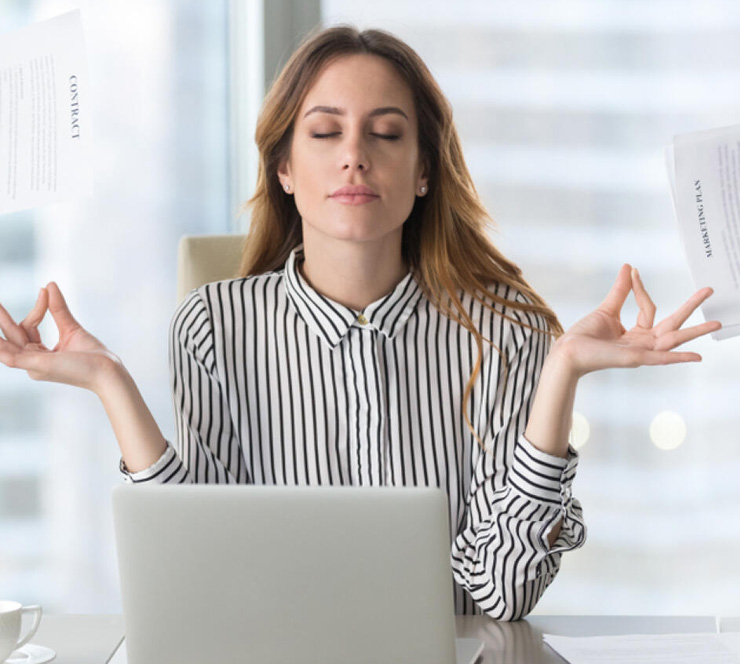
The maintenance of our life critically depends on keeping our internal milieu constant in the phase of a changing environment. This is referred to as homeostasis or a state of balance. However, our modern life never runs out of ways to disturb this balance, thereby leading to stress. Therefore, a change is required to move from stress to a state of strength.
Contrary to popular belief, stress is not always negative. Eustress or positive stress can actually motivate us and optimize our performance. Eustress is perceived within our coping abilities, feels exciting, and is short-term. The kind of stress we have all experienced while planning for maybe a vacation/birthday party/marriage or learning a new hobby, buying a new car, etc.
Distress, on the other hand, is negative stress which is anxiety-provoking, feels unpleasant, is perceived as outside our coping abilities, decreases our performance, can be long term, and can lead to mental and physical problems. As humans, we have all experienced both kinds of stressors.
The pandemic has, however, accentuated DISTRESS which comes in the form of illness, conflict in interpersonal relationships, unemployment, financial worries, sleep disturbances, and the list is endless.
Most of us are used to stress and the anxiety it provokes. We do little to manage it, and we are simply conditioned to it. But fortunately, there are ways that exist in the frontlines of stress to handle it more effectively.
There are a plethora of ways to handle stress. We touch upon some of the evidence-based procedures that reduce stress and promote health.
Diaphragmatic Breathing:
The natural act of breathing consciously has been used as a means of relaxation. Therefore, it is a vital part of different yoga traditions and is now being incorporated into many relaxation programs.
Progressive Muscle Relaxation:
Anxiety and stress usually accompany muscle tension. In PMR, one learns to relax this muscular tension.
Meditation:
A strong body of research shows that meditation can reduce psychological stress and anxiety, significantly promoting good health.
Relaxation Response:
This involves the repetition of a word, sound, prayer, thought, or phrase. By doing so, the body moves from a state of physiological arousal to a state of physiological relaxation.
Cognitive Behavior Therapy:
It is an approach that involves the collaboration between the psychologist and the client. It focuses on replacing the irrational, dysfunctional thought processes with life-enhancing thoughts and beliefs. CBT is considered beneficial in the treatment of anxiety, insomnia, stress, among others.
Stress is something that we all experience, but we have the ability to handle it by controlling the way we respond to it. Interestingly, the mind in its natural state is always calm and free of agitation. The mind is self-correcting. It wants to return to its state of balance, and when we cooperate with that natural tendency, anxiety steadily decreases. We can retrain our brain to drop the habit of fear and worry by learning new coping mechanisms.
When self-help is not manageable, look for professional help. A psychologist can help you identify situations or behaviors that contribute to your ongoing stress and help you to develop an action plan to change the way you respond to stressors.
